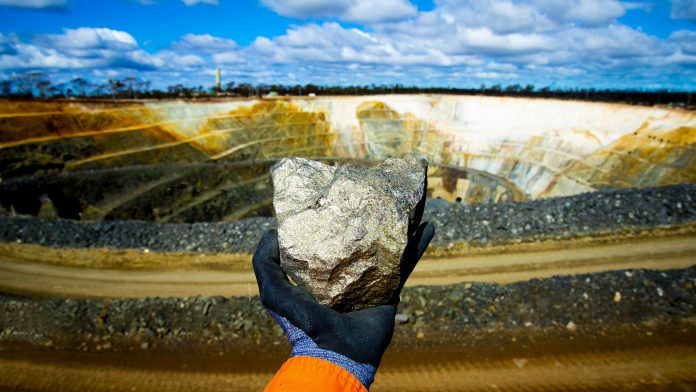Queensland Pacific Metals (QPM) has received approval from the Australian Government to develop and operate the company’s Townsville Energy Chemicals Hub (TECH) Project, a groundbreaking facility for processing critical metals.
QPM has been granted written approval l from the Department of Climate Change, Energy, the Environment and Water (DCCEEW) to initiate construction of the TECH Project in accordance with Part 9 of the Environment Protection and Biodiversity Conservation Act 1999 (EPBC Act). The TECH project will position QPM as a global leader in high-grade, ethically derived critical metals for use in electric vehicles and energy storage technologies.
Authorisation under the EPBC act marks a significant milestone for the QPM as it advances towards a final investment decision for the TECH Project. QPM is now awaiting approval from the Townsville City Council and the Queensland State Government, a process in its advanced stages.
QPM has revealed that the conditions associated with the approval under the EPBC Act are not onerous and will not significantly impact QPM’s construction or operating activities. The conditions are in line with typical conditions expected for clean processing technology, a direct nickel process, or a project of this type in an industrial park.
About the TECH project
The TECH project will see QPM import high-grade nickel laterite ore to Townsville from New Caledonia for processing. Townsville was selected by the company as the optimal location for the facility due to its close proximity and extensive history of importing nickel ore from New Caledonia.
TECH will be located 40km south of Townsville at the Lansdown Eco-Industrial Precinct – Northern Australia’s first environmentally sustainable advanced manufacturing, processing and technology hub.
Townsville also boasts critical infrastructure that makes it well-equipped to support the TECH Project, including a port and rail, in addition to quality engineering services and a highly-skilled workforce.
A previous study demonstrated the Project’s substantial potential for producing critical metals that will be key to supporting the green energy transition. The research suggested that over a 30-year period, TECH could produce 565,714tn of ore containing 26,398tn of nickel sulphate, 3,097tn of cobalt sulphate, and 4,007tn of high-purity alumina.








